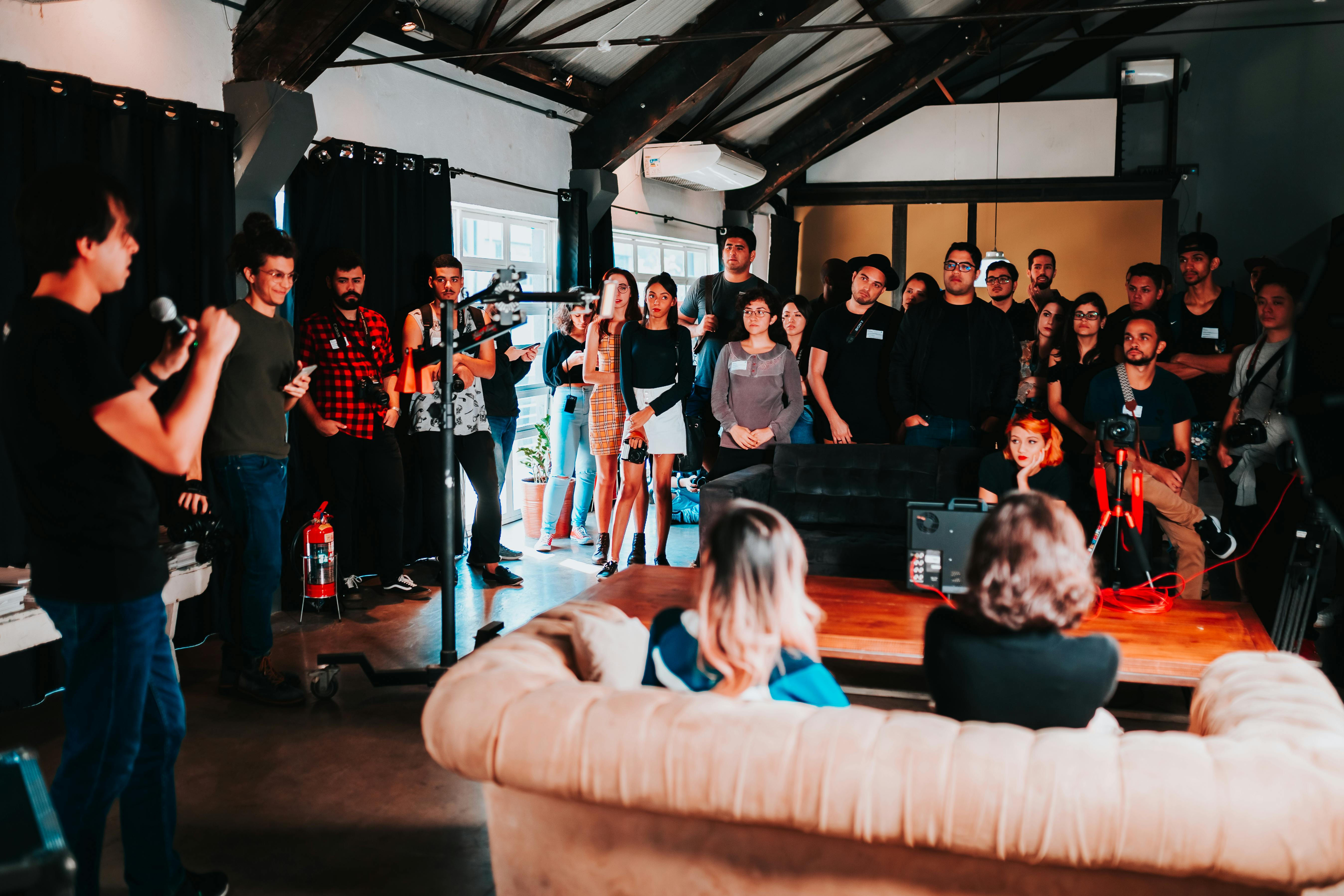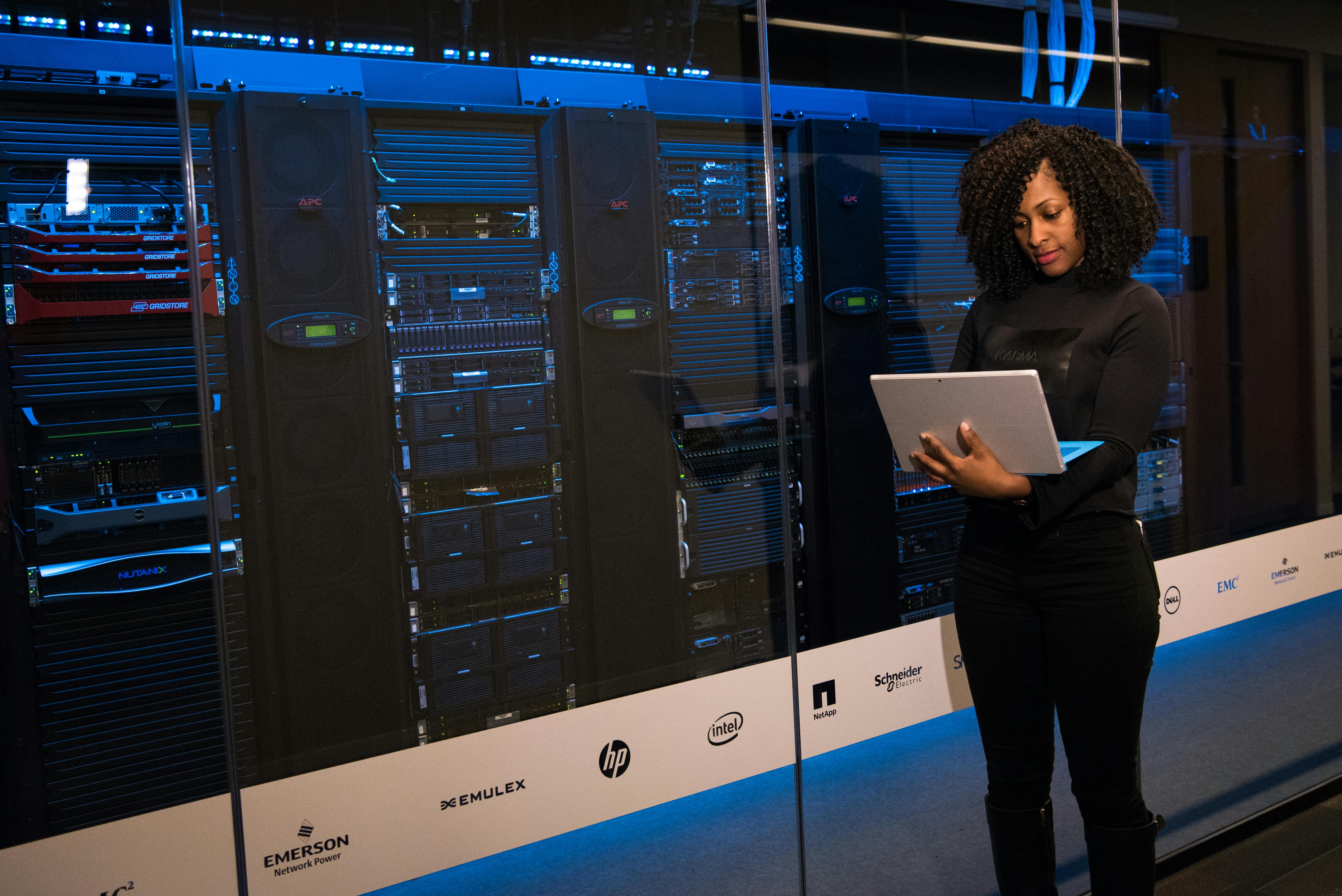
Gen Z Workers Redefine Corporate Culture as They Return to the Office
As Generation Z employees return to physical workplaces, they are reshaping corporate norms by embracing artificial intelligence, prioritizing mental health conversations, and bringing greater authenticity to the office. Born between 1997 and 2012, many of these young professionals began their careers amid pandemic-era remote work, navigating their first jobs under conditions of uncertainty and rapid change.
Business leaders have voiced concerns about shifting workplace habits. JPMorgan CEO Jamie Dimon remarked that, although he has worked seven days a week since the pandemic, “the zoomers don’t show up,” referencing Gen Z employees. British businessman Lord Alan Sugar, 78, said young people “just want to sit at home” and need to return to offices.
However, recent data contradicts these criticisms. A global study of 12,000 employees by real estate firm JLL found that Gen Z workers are spending an average of three days a week in the office—more than any other age group. With older professionals often staying remote, younger employees sometimes find themselves either alone or surrounded mainly by peers. This dynamic has fostered new trends, from viral TikTok slang entering workplace conversations to aesthetics like the “office siren” look and the informal “Gen Z stare.”
“Gen Z is reshaping workplace norms by introducing new ways of working that reflect their values, digital fluency, and desire for authenticity,” said Dan Schawbel, managing partner of Workplace Intelligence, in comments to CNBC.

Woman working from home | Source: Pexels
Intentional Networking Amid Hybrid Work
Younger employees are adapting proactively to reduced in-person mentorship. Twenty-five-year-old communications professional Weirong Li, a graduate of NYU’s Stern School of Business, said she often works in the office five days a week, while senior colleagues opt for hybrid or remote schedules.
“With this hybrid schedule, it’s based on your hierarchy, so if you are higher up… you have more of a slack to not come into the office because you’re in a position where you’ve already proven yourself and you don’t need to build a network,” Li explained. She has turned to LinkedIn outreach, cold emails, and informal chats to build relationships, noting she takes water-cooler conversations “quite seriously” as a way to meet new people.
Similarly, 25-year-old Vivek Haria, a senior tax advisor in London, reported attending 10 networking events organized by Canary Wharf’s business district because of loneliness in the office when older workers were absent.

Work meeting | Source: Pexels
Authenticity and Mental Health Take Center Stage
Gen Z employees are also changing workplace culture by bringing their full personalities to work. PR manager Mady Lanni, 27, prefers casual attire. “I’m not coming into work with dress pants and heels on. I wear sneakers or my Birkenstocks every day,” she said, adding that her peers often choose bean bags or floor seating during team meetings. Li described this openness as a hallmark of her generation: “It’s a part of our kind of Gen Z norm, which is showing who we are, what we stand for, our mission, our purpose… value-based actions and conversations do matter for us.”
Mental health has also become a priority. An EY study of more than 10,000 respondents aged 18 to 34 found that 51% rank mental and physical health as key measures of future success. Li said, “Psychological safety has been very important,” noting that she and her colleagues frequently check in with each other during breaks. Lanni added that Gen Z is “pushing for the need of including mental health services and benefits… taking a mental health day is becoming more and more accepted.”

Woman working with a computer | Source: Pexels
AI Adoption as a Strategic Edge
Gen Z workers are at the forefront of AI adoption. PR manager Gracie Lissick, 25, said, “We really have this awesome kind of Michael Jordan moment to help our teams implement AI. We can be that resource as much as we can.” Deloitte reports that 57% of Gen Z employees already use AI tools daily, applying them to tasks from content creation to project management.
Workplace Intelligence’s Schawbel noted that many young workers view AI as “a digital coach or co-pilot… available 24/7, judgment-free, and often more responsive than a busy boss.” Li emphasized that adopting AI allows her generation to work efficiently: “The goal is to have more time to do other stuff later on… We’re also always experimenting with new tools… that can help us be more efficient.”
As Gen Z continues to populate offices, their habits and expectations are influencing corporate culture—making workplaces more technologically agile, mental-health conscious, and authentically engaged.
